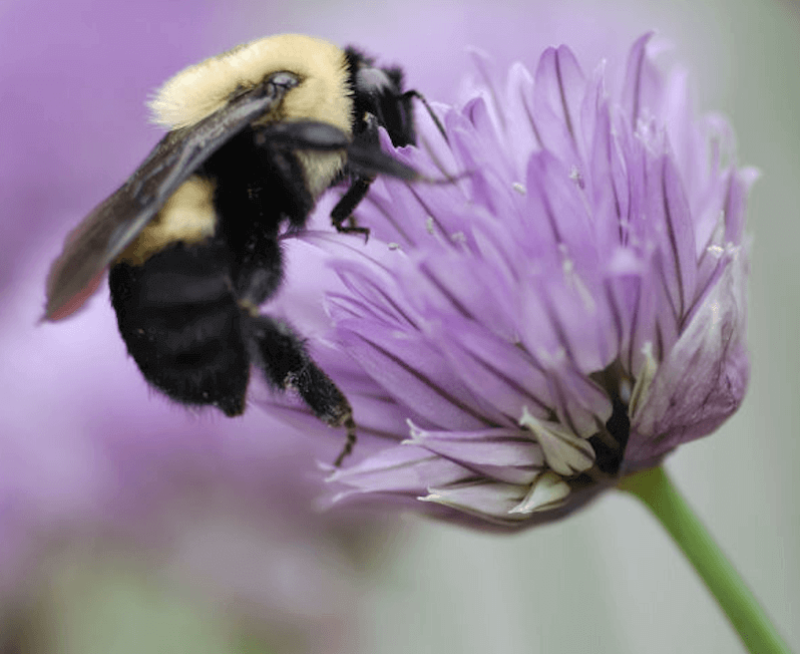In a field study, the researchers Maj Rundlöf, Lund University, and Ola Lundin, the Swedish University of Agricultural Sciences, have found that the neonicotinoid thiacloprid does not have any detectable negative impact on bumblebees. When the insecticide was used on red clover fields, insect pests were successfully controlled while at the same time more bumblebees came to visit and pollinated the crop.
The study also showed that the bumblebee colonies close to the thiacloprid-treated red clover fields grew larger in comparison with bumblebee colonies in landscapes without red clover fields.
Read full, original article: The use of certain neonicotinoids could benefit bumblebees, new study finds































